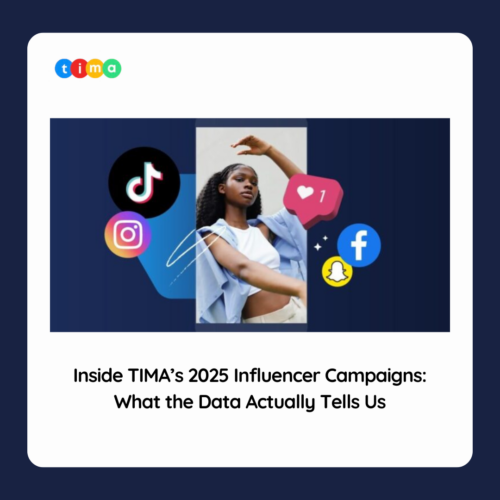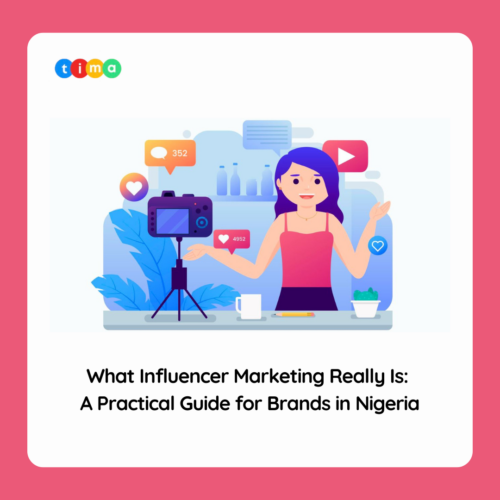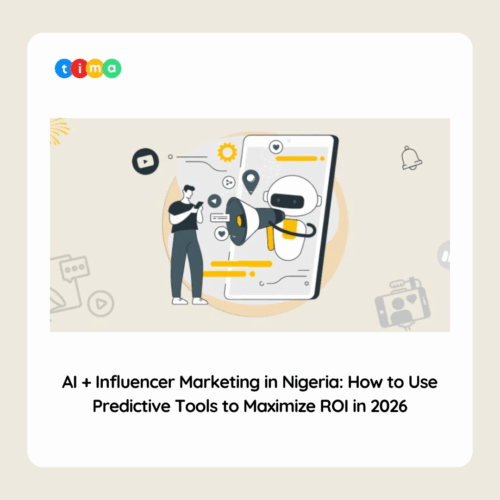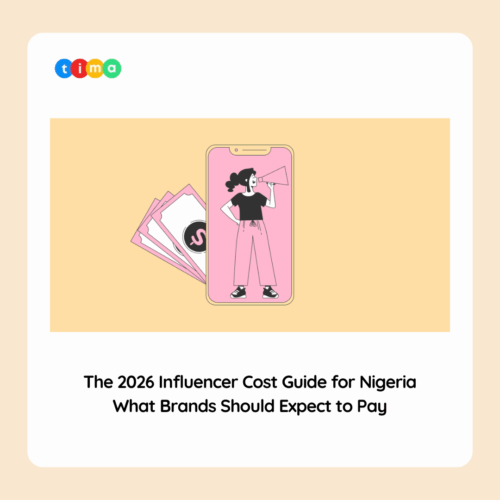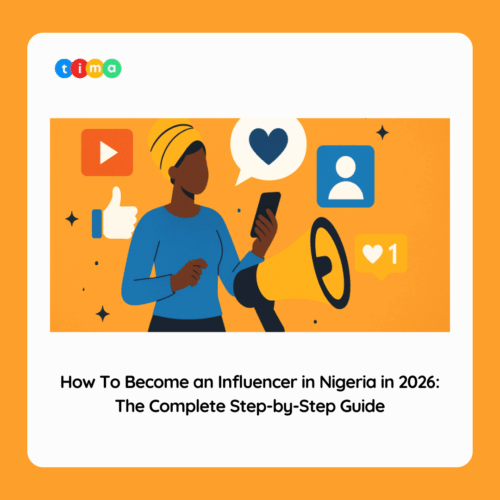It’s hard to ignore the impact of social media influencers on our daily lives. From fashion to fitness, food to finance, influencers have become trusted sources of information and inspiration for millions of people worldwide. But what exactly is it about influencers that make us so loyal to them, and how are they reshaping the way we interact with brands?
The Rise of the Comfort Social Media Influencers
Think about the last time you scrolled through your social media feed. Chances are, you stumbled upon a post or video from an influencer whose content you just can’t get enough of. Maybe it’s their down-to-earth personality, their relatable stories, or their genuine passion for the topics they cover. Whatever it is, these influencers have become like virtual friends to us, and we trust their opinions and recommendations more than those of traditional celebrities or internet personalities.
According to the 2024 Influencer Marketing Report, a staggering 86% of consumers make a purchase from an influencer at least once a year. This statistic speaks volumes about the hold that influencers we trust have over our buying habits. Yet, despite the undeniable influence they wield, many of us still underestimate just how much they impact our decisions.

The Evolution of Influencer Relationships
Over the past two decades, influencers have transformed from distant celebrities to trusted confidants, shaping trends, opinions, and consumer behavior along the way. In the early days of social media, influencers were admired from afar, with carefully curated content and limited interaction beyond likes and comments. However, as platforms evolved and user engagement deepened, so too did the nature of audience-influencer relationships.
Today, influencers embrace authenticity and vulnerability, fostering deeper emotional connections with their followers. These connections can sometimes lead to unexpected consequences, like the influencer whose fans flooded a university’s comments after she was rejected from the school. As influencers’ relationships with their communities continue to expand, so too do audience demands from both influencers and the brands they’re associated with.
Consumer Expectations and Brand Partnerships
Consumers today expect more from influencers than just sponsored content and brand campaigns. According to the Influencer Marketing Report, authenticity and alignment with personal values are key factors that drive engagement with influencers. However, while authenticity remains important across generations, younger consumers emphasize it less than their older counterparts.
As influencer marketing becomes more mainstream, brands must adapt to meet the evolving expectations of consumers. Research shows that 80% of consumers are more likely to buy from brands that partner with influencers beyond social media, from in-person events to traditional advertising. This shift reflects the growing influence that influencers have on consumer behavior and the need for brands to keep pace with changing trends.

Building Stronger Brand-Influencer Relationships
Establishing enduring partnerships with influencers offers numerous benefits for brands. By nurturing these relationships over time, marketers can cultivate a deeper understanding of the influencer’s audience and values, ensuring alignment with the brand’s goals and messaging. Moreover, long-term collaborations enable influencers to authentically integrate the brand into their content, fostering genuine connections with their followers and enhancing the effectiveness of marketing campaigns. Here are some ways to build stronger brand-influencer relationships.
1. Fair Compensation and Collaboration:
Fair compensation demonstrates respect for the influencer’s expertise and efforts, incentivizing them to deliver high-quality content and actively engage with the brand’s audience. Furthermore, involving influencers in content creation and campaign brainstorming empowers them to leverage their insights and creativity, resulting in more authentic and compelling messaging that resonates with their followers. This collaborative approach not only enhances the quality of marketing initiatives but also strengthens the bond between brands and influencers, fostering a sense of partnership and shared ownership.
2. Incorporating Social Media Influencers in Product Development:
Influencers often possess an intimate understanding of their audience’s preferences, pain points, and aspirations. By involving influencers in product development discussions, brands can leverage their firsthand knowledge and perspective to inform decision-making processes and ensure the relevance and appeal of new offerings. Additionally, soliciting feedback from influencers enables brands to gather authentic insights from their target demographic, facilitating iterative improvements and enhancing product-market fit. This collaborative approach not only drives innovation but also fosters a sense of ownership and investment among influencers, strengthening brand-influencer relationships.
3. Sharing Performance Metrics and Organic Social Strategies:
Sharing performance metrics with influencers fosters accountability and transparency, enabling them to assess the effectiveness of their efforts and refine their content strategy accordingly. Moreover, aligning brand objectives with influencer performance metrics facilitates data-driven decision-making and optimization, ensuring mutual success and ROI. Sustained investment in organic social strategies reinforces the brand’s presence and credibility across digital platforms, complementing influencer initiatives and amplifying their reach and impact.
In conclusion, influencers are redefining brand loyalty in 2024 by forging deeper connections with their audiences and reshaping the way we interact with brands. By cultivating positive relationships with influencers and their communities and leveraging data-driven insights, brands can capitalize on the emotional connections that influencers forge with their followers, fostering brand loyalty and driving long-term customer engagement.




